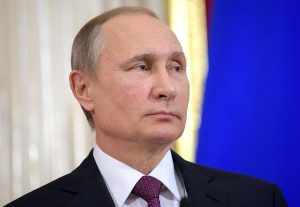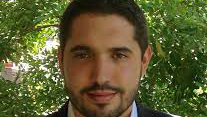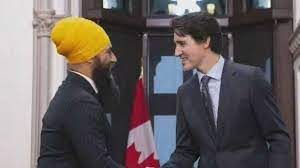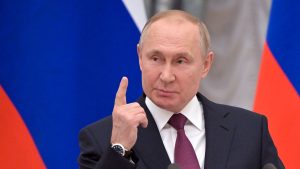Prof. Lisa Sundstrom: Will Russians Toss Their Leader?
“Mass opposition on its own is likely insufficient to produce regime change in Russia. Organized Russian opposition to Putin has faced crackdowns in recent years that has left their ranks thin and in disarray, with their chief leader, Alexei Navalny, in prison for years to come,” Prof. Lisa Sundstrom writes for The Tyee.
Scope Conditions diagnoses democracy’s representation gap with Dr. Sergio Montero
In this episode of Scope Conditions, Professors Alan Jacobs and Yang-Yang Zhou ask: what happens when your favorite candidate isn’t even running? Guest Dr. Sergio Montero argues that, if we want to understand representation, it’s helpful to take a step back from the outcomes voters get and to start thinking about the alternatives available to them.
Prof. Gerald Baier comments on the confidence and supply agreement announced by the Liberals and NDP
According to Professor Gerald Baier, both the parties will have victories and accomplishments they can highlight. “But this (agreement) also has the potential to really hurt the NDP going forward, because voters will think, ‘Why would I vote NDP when the Liberals are doing the kinds of things that the NDP would do?” said Professor Gerald Baier.
Professors Genevieve Bates and Lisa Sundstrom answer questions about international court intervention in Ukraine and Russian anti-war protests
Can Putin be put on trial? What can literature teach us about Ukraine? What does this conflict mean for multicultural states? Could Russia’s anti-war protests take down Putin? Political Science Professors Genevieve Bates and Lisa Sundstrom weigh in on these questions with other Professors from Department of Central, Eastern and Northern European Studies.
Prof. Allen Sens discusses the reason behind Russia’s attacks on Ukraine’s nuclear power plants on Global News
According to Professor Allen Sens, these attacks are about the seizure of national infrastructure. “Remember, a stated Russian objective is to conquer Ukraine and bring Ukraine back into the Russian orbit so there’s also some interest in maintaining some critical infrastructure,” he said.
Prof. Kathryn Harrison discusses how Canadian pipelines won’t solve Europe’s energy insecurity
Professor Kathryn Harrison said moving to renewable energy is “arguably quicker to deploy than building new terminals or new pipelines.” According to her, the idea that Canadian oil and gas can rescue Europe from its dependence on Russia is not as feasible as Kenney and many Conservative MPs would have us believe.
Adoption of effective climate policies has proved politically challenging: Prof. Kathryn Harrison writes
Professor Kathryn Harrison writes on how Canadians have been slow to trust climate policies like carbon pricing, vehicle mandates, and clean energy regulations will work. Her modest proposal: “Let’s stop asking the optimism question and instead focus on what we, as citizens, are going to do about climate change.”
Prof. Allen Sens comments on Russia’s invasion of Ukraine on Global News
Professor Allen Sens states that Russian armed vehicles and tanks have entered Kyiv. “The government is also arming local citizens in Kyiv which is an indication that the regular Ukraine army is unable to stop further advances by the Russian military into the city,” he said.
Prof Yves Tiberghien comments on how the invasion of Ukraine puts China is in a tough spot as a Russian ally and global exporter
“They believe that China is rising, but rising in a world of economic interdependence. China’s economic strength is completely connected to globalization,” said Professor Yves Tiberghien. According to him, “many mainstream voices and middle-class Chinese are shocked by the reality of war in Ukraine and are writing that war is a crime.”
Putin’s hard line on gender and sexuality leaves him room to tack to the middle again: Prof Lisa Sundstrom writes
Professor Lisa Sundstrom writes on how Putin’s rhetoric mixes signals to message to both elites and mass audiences. Mixed messages help Putin manage his constituencies’ conflicting expectations and maintain support.









